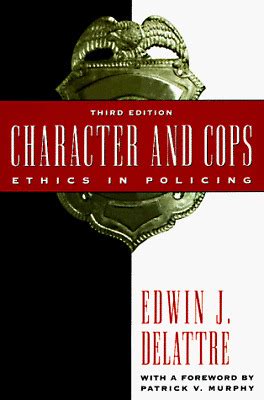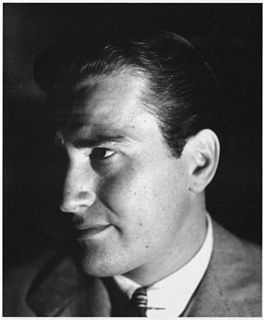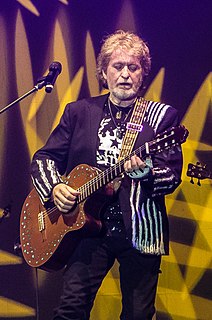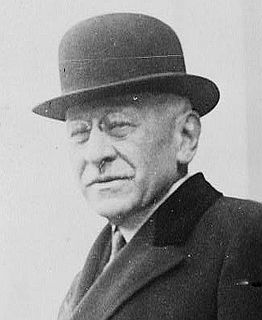A Quote by Edwin J Delattre
Babies are born with neither good nor bad character. Normal people - as they grow, learn and are trained - develop better or worse dispositions and habits of conduct.
Related Quotes
I think we all have the same spirituality deep inside and we grow to learn more about it all the time, and we try very hard to become better people as we grow. We search all the time for the truth. We learn more about the world and we can't have thoughts like, "We are better than them" or "They are not good enough for God". This is very bad way of thinking, you know?
What the expression is intended to mean, I think, is that there is a better and a worse element in the character of each individual, and that when the naturally better element controls the worse then the man is said to be "master of himself", as a term of praise. But when - as a result of bad upbringing or bad company one s better element is overpowered by the numerical superiority of one s worse impulses, then one is criticized for not being master of oneself and for lack of self control.






























